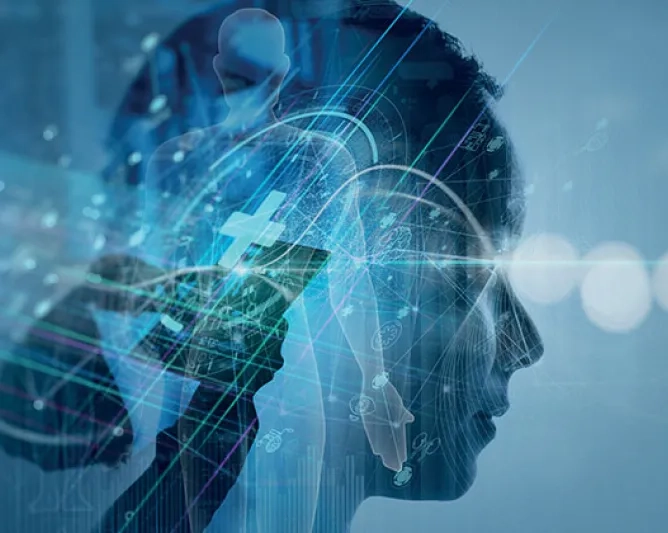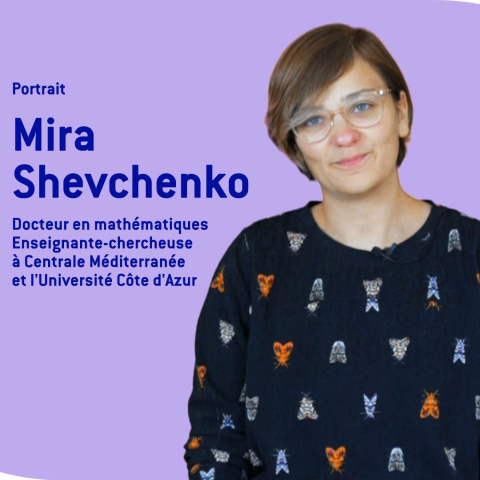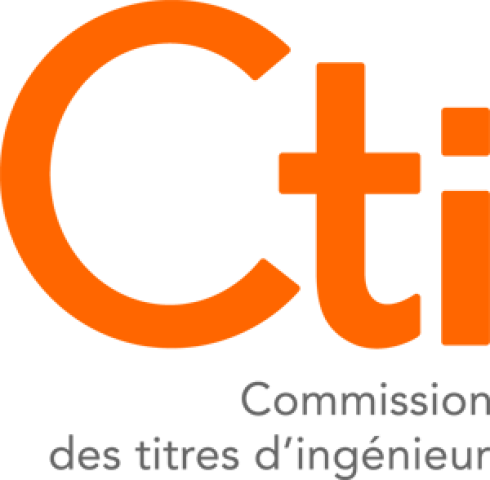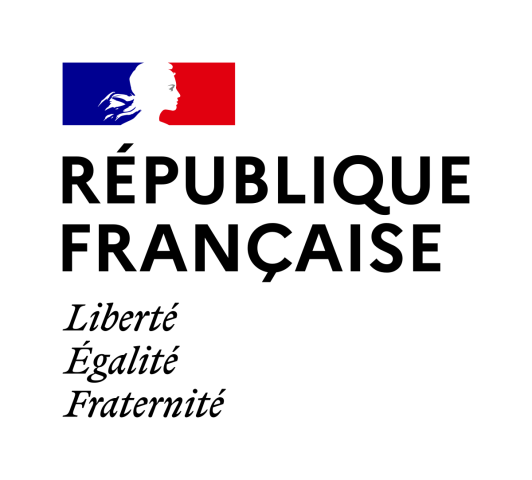Bachelor in responsible engineering and digital transformations

Degree type
BachelorDuration
3 yearsField
EngineeringRythm
Full timeCampus
Nice campusLanguage
French EnglishResponsible engineering and digital transformation bachelor in Centrale Mediterranée
This undergraduate program located in Nice, south of France, gives you a technical knowledge as well as the opportunity to gain practical experience in a real work environment.
- Hugo, étudiant du bachelor
- Why choose this Bachelor?
- Video presentation
- Our teaching method
- Key figures
- An education tailored to the needs of the professional world
- The four main training themes
- The skills-based approach, a unique feature of Écoles Centrale
- Some distinctive features of the Centrale Méditerranée brand
- Academic excellence and diploma quality
- Contact
Hugo, étudiant du bachelor
Why choose this Bachelor?
Firstly, the scientific program takes advantage of the specific characteristics and values of excellence offered by Centrale Méditerranée.
You will also have international exposure and the opportunity to develop skills and commitment.
The learning environment is personalized, and you will receive support throughout your studies.
The teaching method focuses on the development of knowledge, interpersonal skills, know-how, and project management.
Furthermore, you will receive entrepreneurial support and ensure your employability.
Finally, this Bachelor's degree can serve as a stepping stone for further studies, such as pursuing a Master's degree or being selected for the Grandes Écoles engineering course.
Our teaching method
"Our students take courses in physics, computing, chemistry, mechanics and electronics. They also learn social sciences
languages, etc. Their schedule is very full!"
Mira Shevchenko, research mathematics teacher at the Bachelor's program, presents her teaching and our pedagogy.

64 k
students in the city of Nice
100 %
work-study students in 3rd year
100 %
International mobility
An education tailored to the needs of the professional world
The four main training themes
 Connected city
Connected city
Helping to build the intelligent city of tomorrow by using information and communication technologies to improve the quality of urban services and optimise energy expenditure.
 Data and representation of the world
Data and representation of the world
Know how to use data to optimise the efficiency of sustainable processes, develop and optimise service offerings, operating methods, and the performance of organisations.

New technologies, health, and the living world
Become a key player in the development of new technologies dedicated to services and connected objects linked to the world of health and life.
 Industry of the future and transformations
Industry of the future and transformations
To be capable of integrating new technologies, particularly digital technologies, that are responsible and respectful of the environment, into the industrial production chain.
The skills-based approach, a unique feature of Écoles Centrale
The aim of this program is to prepare students for successful careers in digital innovation projects.
The three years of study are dedicated to acquiring skills that are recognized both nationally and internationally.
At Centrale Méditerranée, our unique approach to the common reference framework reflects our commitment to responsible transformation.
This approach is integrated into the curriculum through assessments at various stages.
The five competencies of Centrale's training programmes:
Some distinctive features of the Centrale Méditerranée brand
The courses are meticulously designed to incorporate various aspects of the digital and technological transition, the ecological and economic transition, and the societal transition in a systematic manner, based on a rigorous scientific approach.
Apart from the academic teaching, there are tutorial sessions that include supervision of activities, case studies, independent work, group work, cross-disciplinary projects, projects on industrial subjects, and creativity workshops.
The bachelor students receive training in innovation management and business creation.
The Provence-Alpes-Côte d'Azur region, along with our academic and research partners, our network of players in the socio-economic world, and the Éco-vallée training site in Nice, provide an ideal environment for nurturing an innovative spirit.
- From the first year onwards, the curriculum includes introductory or immersion sessions on a particular theme, as well as time spent working in companies or laboratories.
- The third year is spent on a sandwich course to further enhance professionalization.
- Throughout all semesters, the students are supervised by Centrale Méditerranée.
- In the third year, the training takes the form of an apprenticeship, with a schedule that alternates between two weeks at the school and two weeks of immersion in a company.
- The school provides support to each student in finding a work-study placement, leveraging its extensive network of business contacts.
Academic excellence and diploma quality
The network of Ecoles Centrale
The Écoles Centrale network, which was established in 1990, consists of 5 schools: CentraleSupelec (Gif-sur-Yvette), Centrale Lyon, Centrale Nantes, Centrale Lille, and Centrale Méditerranée (Marseille and Nice), as well as 3 international schools in China, India, and Morocco.
Le Groupe Centrale diplôme 2100 ingénieurs par an
The Centrale Group promote high scientific standards and share the same missions, values, and vision of the future.
They aim to train engineers who possess a broad range of knowledge and skills, capable of effectively addressing the challenges faced by our society.
- To apply science and technology for the betterment of mankind, society, businesses, and organizations.
- To become leaders, entrepreneurs, innovators, and catalysts for change.
- Integrating technologies and their ability to design and master complex systems, they are prepared to tackle multidimensional problems.
Contact

Stéphanie Waldung
Bachelor program manager


